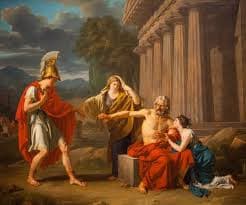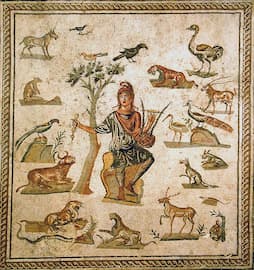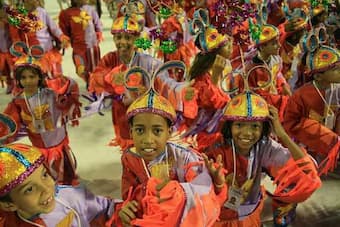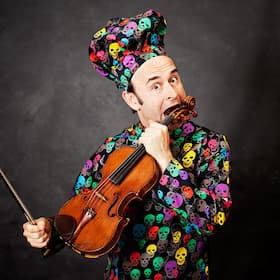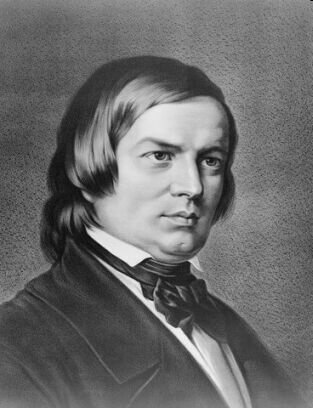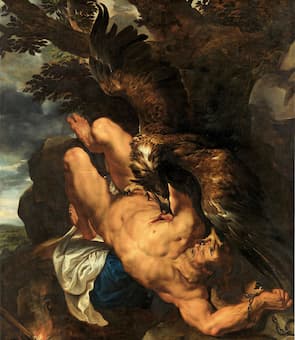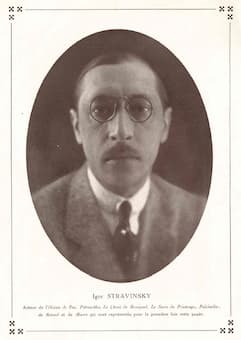The King of Arcadia had no use for female offspring, and when his daughter Atalanta was born, he ordered her abandoned in the wilderness. Luckily for Atalanta, a mother bear took on the human cub and the girl grew up
In essence
Sound comes from something vibrating, be it your vocal chords or your guitar strings. What, though, if you want to have sound without using your body? This is where the wind harp comes in. Set in the outdoors where the
Claudio Monteverdi’s 1607 opera L’Orfeo wasn’t the first opera, Jacopo Peri’s Dafne (1598) bears that honour. However, L’Orfeo is the earliest opera that is still on our opera stages, and for an opera to hold our attention for over 400
Starting with work that is made up of a set of 7 solo piano pieces and concluding with a piano duet, Carnaval das crianças (Children’s Carnival) of 1919, Heitor Villa Lobos (1887-1959) created a larger work for piano and orchestra
Joyful tunes by Blas Galindo, Juan Pablo Contreras, Jose Pablo Moncayo and Aleksey Igudesman Mexico has a vibrant musical history full of different musical styles and influences. Mariachi music is one of them. Mariachi refers to both the genre of
Robert Schumann (1810-1856) was a seminal figure in 19th-century musical and critical thought. He was a visionary composer and seasoned journalist, a cultured man of letters and a musical genius who eventually succumbed to mental illness. An individual of incredible
Prometheus, so it is told in Greek mythology, gave humanity the gift of fire. That creative spark gave humankind the ability to run its own affairs, and it awoke a consciousness that once only belonged to the gods. Human were
To begin his new neo-classical period, Igor Stravinsky (1882-1971) took a story by Alexander Pushkin and had Boris Kochno, Serge Diaghilev’s personal secretary, create a libretto for a little one-act comic opera. In Pushkin’s poem, a widowed mother and her

